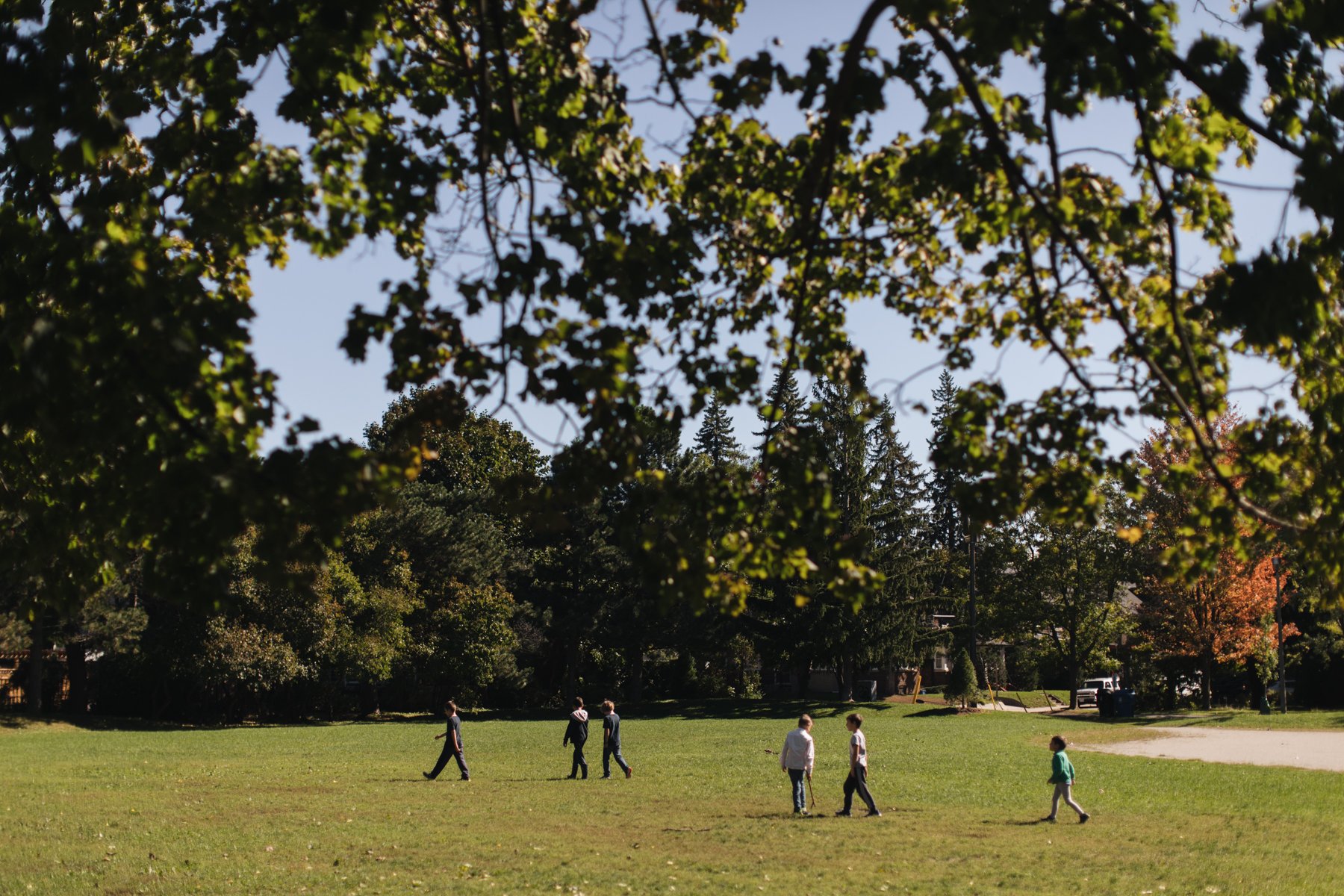
Frequently asked questions.
-
Students who are curious, creative, and benefit from a more personalized, hands-on approach to learning tend to thrive at SMS. Our environment is particularly well-suited for students who may feel constrained by traditional education models.
-
No, our programs are intentionally designed to support all learners. We have worked with students who are designated as gifted, neurotypical, experience anxiety, or simply seek an alternative to traditional schooling. Inclusive education means recognizing and responding to a wide range of learning profiles, ensuring that every student receives the support, challenge, and flexibility they need to thrive.
-
Our relaxed, non-institutional environment is designed to reduce stress and support the diverse needs of neurodivergent learners. Small class sizes and personalized programming allow us to tailor support for executive functioning, focus, and self-regulation. Project-Based Learning (PBL) naturally accommodates different ways of thinking and working, making learning more motivating and engaging. We also offer flexible strategies like movement breaks, alternative seating, and individualized approaches to help each student thrive.
-
Social-emotional learning is woven into both our daily routines and curriculum. All classes begin and end the day with community discussions that promote reflection, emotional awareness, and connection. Our staff is trained in Emotion-Focused Skills Training (EFST), and we use co-regulation strategies to help students develop emotional regulation and resilience.
We recognize that SEL develops asynchronously, especially for neurodivergent learners, so we personalize support, strategies, and goals for each student—meeting them where they’re at and focusing on growth over time.
-
When conflicts arise, we use restorative practices to guide students through reflection and repair. This approach helps students understand different perspectives, take responsibility for their actions, and rebuild trust in a respectful and supportive way. We view conflict as a learning opportunity and take the time to work through it with care and intention.
-
Our Project-Based Learning (PBL) model is designed to foster deep thinking, creativity, and self-directed exploration. Because students have voice and choice in their work, PBL naturally supports enrichment through higher-level thinking, advanced skill development, and exposure to new concepts and content.
In addition, individualized language and math programs ensure that gifted learners are always working at a level that challenges and supports their growth. Beyond academics, students engage in rich hands-on experiences like outdoor education, maker projects, and integrated arts that stretch their creativity and broaden their understanding of the world.
-
We focus on developing strong foundational skills through individualized instruction, hands-on activities, and real-world applications. Reading and writing are taught through a mix of phonics, literature, and student-driven projects, while math emphasizes problem-solving, logic, and conceptual understanding through the JUMP Math program.
-
We have a structured homework program that gradually increases as students grow and are ready for more responsibility. Homework is thoughtfully assigned to support the development of key learning skills such as organization, time management, and independent work habits. In particular, regular practice in language and math helps ensure students build confidence and stay on track in their individualized programs.
Students are supported through goal setting, strategy development, and check-ins—homework isn’t just about completion, but about growth. In addition, optional at-home extensions of classroom projects or personal research allow students to explore interests and deepen their learning beyond the school day.
-
At Summit, we focus on growth, not grades. Assessment is ongoing and progress-based, using teacher observation, rubrics, and regular check-ins to track each student’s individual learning journey.
Students take an active role in their own assessment through self-reflection, self-assessment, and goal-setting—developing greater self-awareness of their strengths, challenges, and progress over time. This helps build ownership of their learning and supports the development of key learning and life skills.
Formal reports are shared twice a year and include detailed feedback on a range of skill areas, including executive functioning, learning skills, social-emotional development, academic progress, and 21st-century competencies.
-
At Summit Micro School, we don’t prepare students for one particular kind of school—we prepare them to thrive in any learning environment. Our focus on self-directed learning, executive functioning, and critical thinking helps students build the independence, adaptability, and problem-solving skills they need to succeed wherever they go.
We work closely with families to understand each student’s goals, needs, and strengths—academically, socially, and emotionally—and provide individualized guidance to help identify high school options that will be the best fit. Our graduates have transitioned successfully into a wide range of settings, including public, private, traditional, alternative, and specialized programs.
Because our curriculum emphasizes skill development, students leave Summit with the tools to continue learning and growing with confidence—no matter what comes next.
-
While we currently do not offer formal financial aid or scholarship programs, we strive to make Summit Micro School accessible to a diverse range of families. We offer various tuition payment plans and are always open to discussing individual circumstances to explore what may be possible.
-
No, we do not have uniforms! We believe that self-expression is an important part of a child’s development, and clothing choice can be a meaningful way for students to feel comfortable and confident. As a neurodivergent-affirming school, we recognize that uniforms can create unnecessary barriers, particularly for students with sensory sensitivities. While we respect schools that choose to implement them, we prioritize flexibility and individuality in how our students dress.
-
We do not offer a lunch program at Summit—students bring their own lunch and snacks each day. This allows families to accommodate individual preferences, dietary needs, and routines. We prioritize a calm, community-focused lunch environment where students eat together and practice independence and responsibility.

